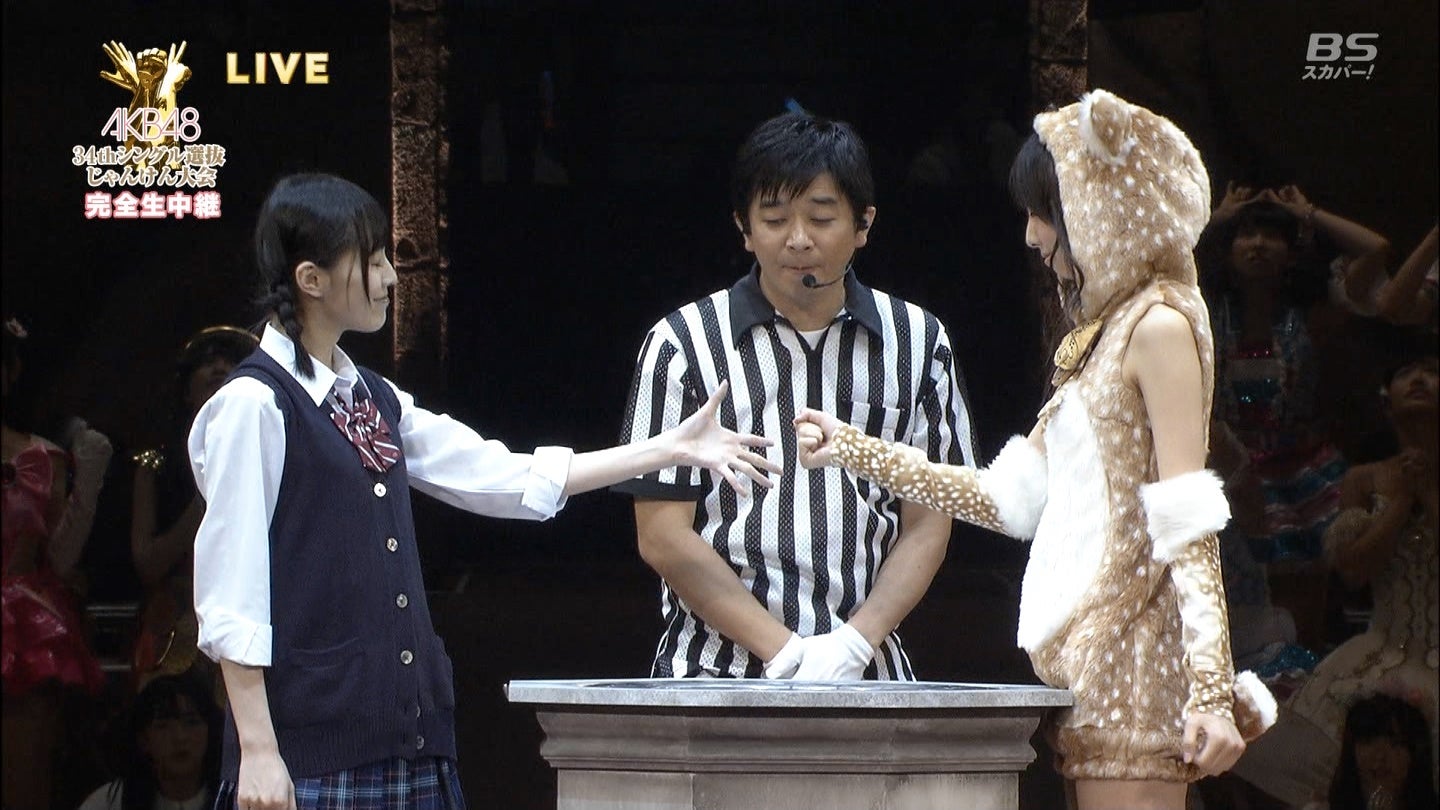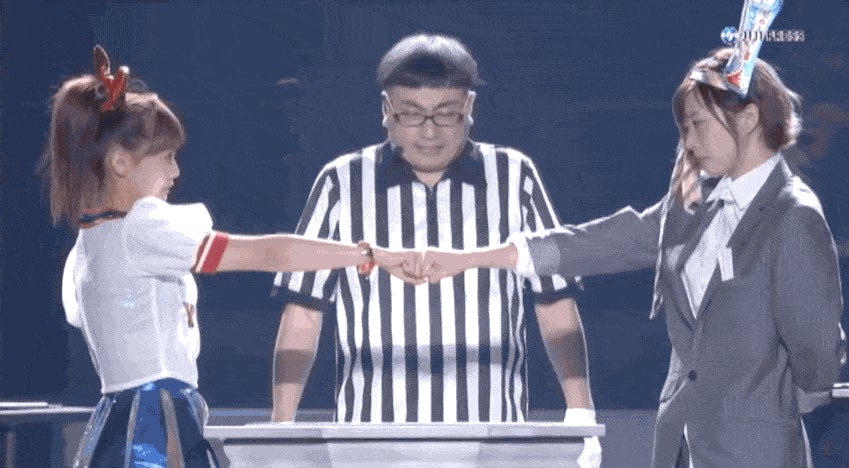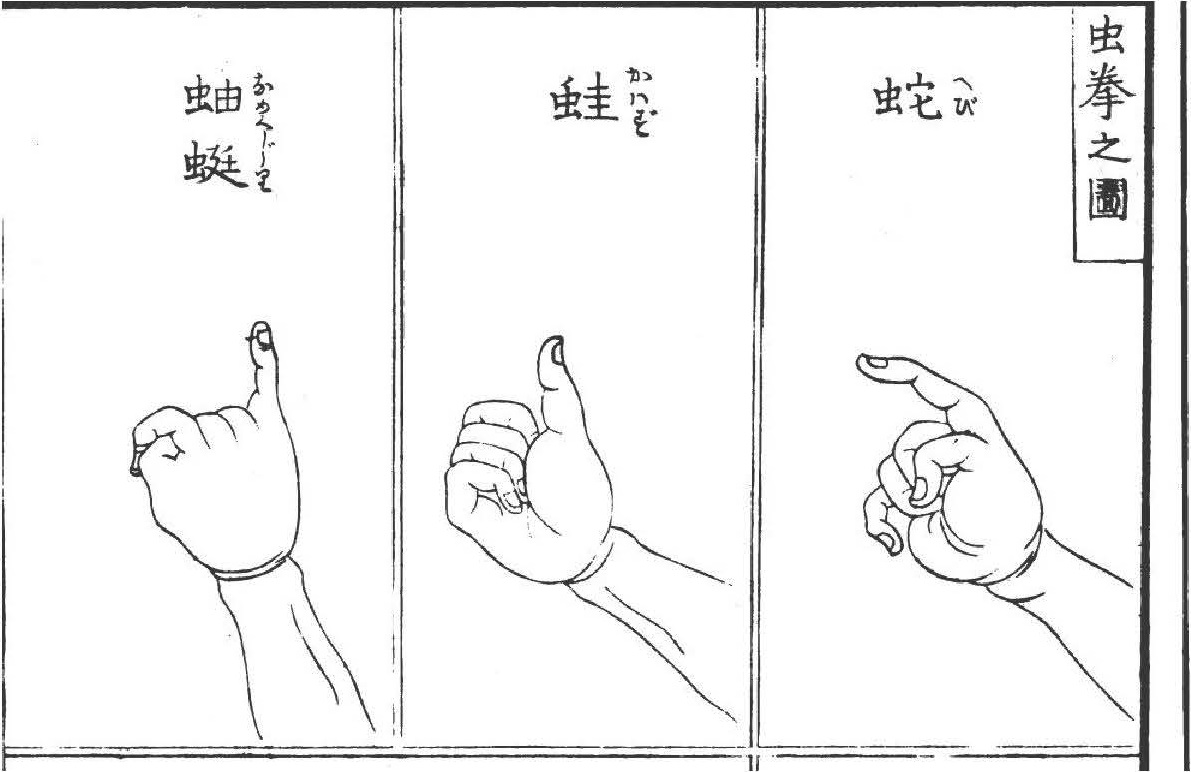Rock Paper Scissors is a popular game that has been played for generations all over the world. In Japan, it is known as "Janken" and is an integral part of the culture. Japanese Rock Paper Scissors is much more than just a game. It is a social activity that brings people together and provides an opportunity for friendly competition.
The History of Japanese Rock Paper Scissors

The origins of Japanese Rock Paper Scissors are not entirely clear, but it is believed to have been introduced to Japan from China during the Edo period (1603-1868). The game was originally used as a tool for decision making, with players using different hand gestures to represent different options.
Over time, the game evolved into a popular pastime with its own set of rules and customs. Today, Japanese Rock Paper Scissors is played by people of all ages and is a staple of Japanese culture.
The Rules of Japanese Rock Paper Scissors

The rules of Japanese Rock Paper Scissors are simple. Two players face each other and simultaneously make one of three hand gestures:
- Rock (closed fist)
- Paper (open hand)
- Scissors (index and middle fingers extended)
Rock beats Scissors, Scissors beats Paper, and Paper beats Rock. If both players make the same gesture, it is a tie and the game is played again. The winner is the first player to win two out of three games.
The Strategy of Japanese Rock Paper Scissors

While the rules of Japanese Rock Paper Scissors are simple, there is a surprising amount of strategy involved. Experienced players know that the key to winning is to read their opponent's body language and anticipate their next move.
There are several common strategies that players use to gain an advantage. For example, some players will use a "delayed reaction" technique, where they wait a split second before making their move. This can cause their opponent to hesitate and make a mistake.
Other players will use a "pattern" technique, where they repeat the same hand gesture several times in a row before switching to a different one. This can lull their opponent into a false sense of security and make them more predictable.
The Culture of Japanese Rock Paper Scissors

Japanese Rock Paper Scissors is more than just a game. It is a reflection of Japanese culture and values. The game teaches players to be quick-thinking, adaptable, and respectful of their opponents.
In Japan, Rock Paper Scissors is often played as a way to resolve disputes or make decisions. For example, it is common for Japanese businesses to use the game to determine who will pay for lunch or who will take on a particular task.
Japanese Rock Paper Scissors is also a popular activity at festivals and other social events. It is a way for people to connect with each other and have fun in a relaxed, informal setting.
The Future of Japanese Rock Paper Scissors

As Japan continues to modernize and become more connected to the rest of the world, the popularity of Japanese Rock Paper Scissors is likely to continue to grow. The game has already gained a following outside of Japan, with international competitions and online communities dedicated to the game.
Whether you are a seasoned veteran or a newcomer to the world of Japanese Rock Paper Scissors, there is always something new to learn and discover. So why not give it a try and see what all the fuss is about?